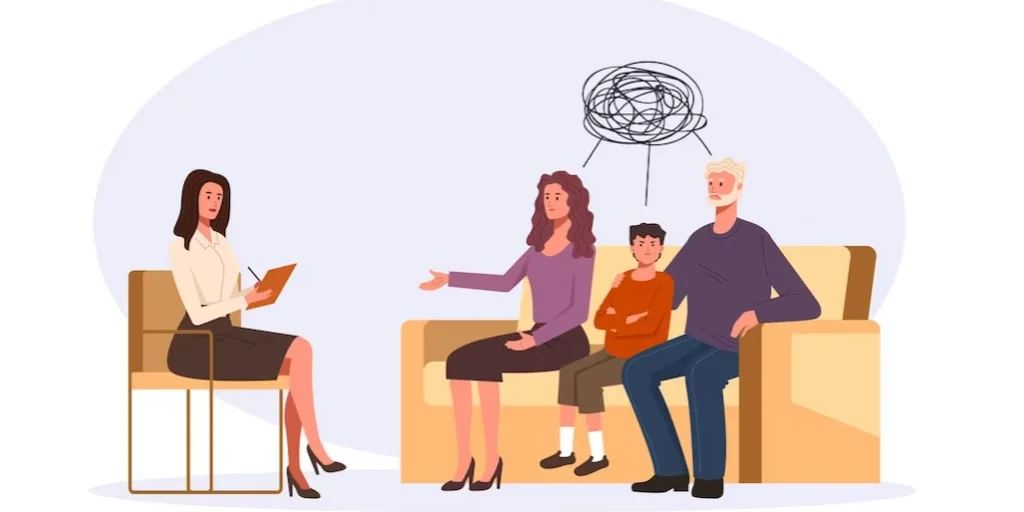24/7 Helpline:
(866) 899-221924/7 Helpline:
(866) 899-2219
Learn more about Dual Diagnosis Rehab centers in Gunnison County
Other Categories in Gunnison County

Other Insurance Options

Ambetter
Beacon

Medical Mutual of Ohio

Meritain

Molina Healthcare

Evernorth

Health Net

PHCS Network

Lucent

MHNNet Behavioral Health

Health Partners

Sliding scale payment assistance

Aetna

Sutter

State Farm

Choice Care Network

ComPsych

Health Choice

Kaiser Permanente

Regence

The Center for Mental Health
The Center for Mental Health is a non-profit organization and is governed by a board of directors re...

Teocalli Treatment Options
Teocalli Treatment Options offers outpatient treatmnet for individuals with alcohol and/or substance...






















The Center for Mental Health – Crystal Hall
The Center for Mental Health is a non-profit organization and is governed by a board of directors re...










































